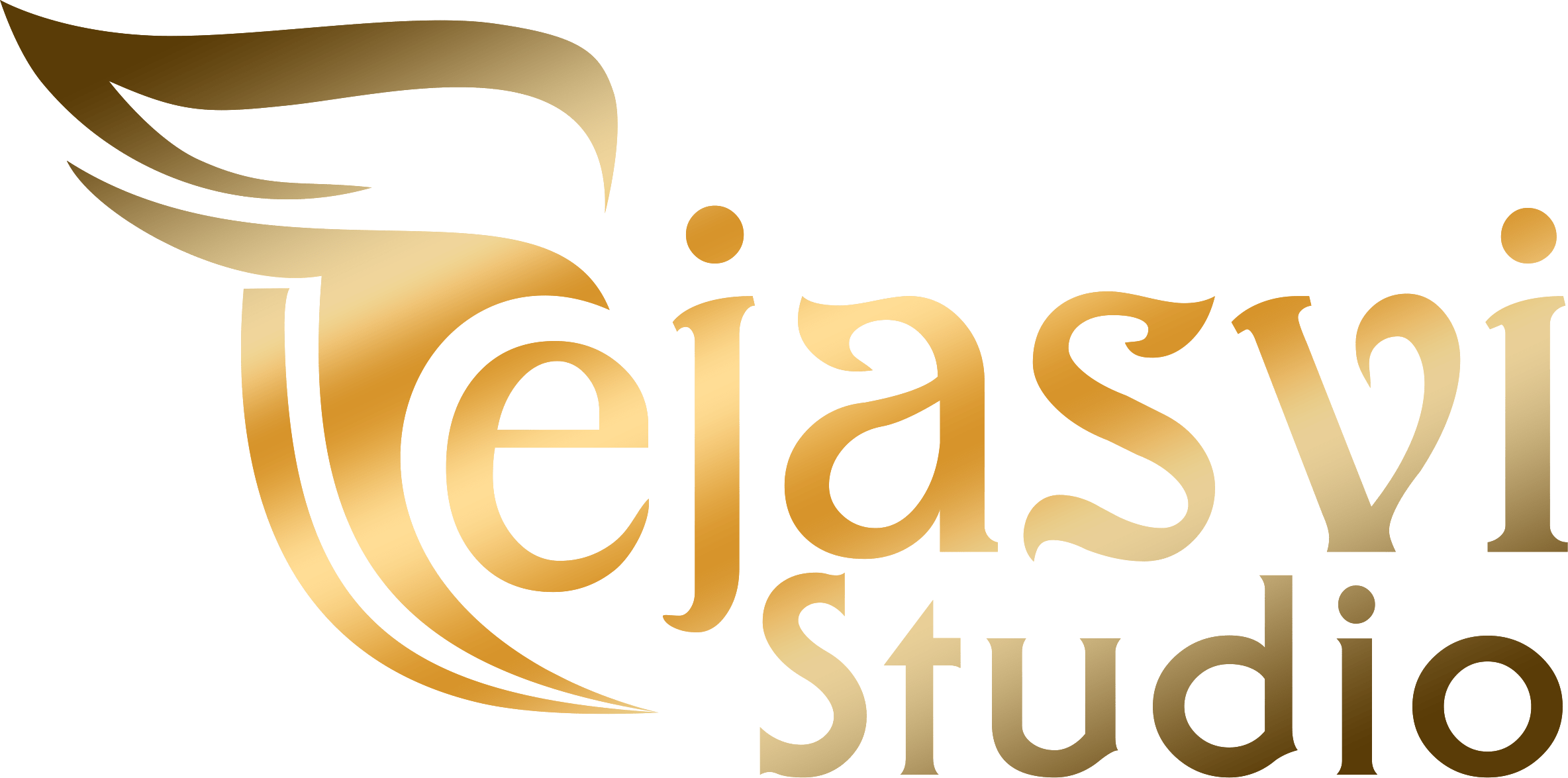Understanding The @julesari Leaked Situation: What You Need To Know
The digital world, it seems, is always buzzing with new happenings, and lately, many folks are talking about the `@julesari leaked` situation. People are naturally curious when something like this comes up, wondering what it all means and how it affects them. It's a topic that has sparked quite a bit of interest, and for good reason, because online information sharing is something we all deal with every day, more or less.
When talk of a "leak" surfaces, it can feel a bit unsettling, can't it? It usually means some private information has found its way out into the open without permission. This sort of event, you know, really makes people think about digital privacy and what it means to have your personal details out there. It's a real reminder that what goes online sometimes stays online, even if you didn't mean for it to be public, at the end of the day.
This particular situation, the `@julesari leaked` discussion, brings up broader points about how we manage our digital lives. It also makes us think about the symbols we use to connect online. The at sign, that little `@` symbol, is actually a very important part of how we identify people and places on the internet, like in email addresses or social media names, so it's quite relevant here, in a way.
- Dafina Miftari
- Imskirby The Dog Incident
- Emily Campagno
- Eliza Leaks
- Joe Pesci Health A Comprehensive Look At The Iconic Actors Wellbeing
Table of Contents
- Who is Jules Ari? A Public Profile
- What the @julesari leaked Discussion is About
- The Impact of Online Information Sharing
- How Information Gets Out Online
- Understanding the At Symbol in Digital Spaces
- Protecting Your Digital Footprint
- Frequently Asked Questions About Online Leaks
- Staying Informed and Safe Online
Who is Jules Ari? A Public Profile
When people hear about someone like "Jules Ari" in connection with a leak, they naturally want to know more about the person involved. It's pretty common, actually, to seek out details about public figures or anyone who becomes part of a big online conversation. For the purpose of this discussion, Jules Ari represents a public online presence, someone whose digital identity has become a focal point, you know, in a situation that has gained some attention.
It's important to remember that when we talk about a public profile, we are usually referring to information that is already generally available or that someone has chosen to share. This could be through social media platforms, public appearances, or other forms of digital presence. The at sign, for example, is what connects a person to their specific social media handle, like `@julesari`, which makes them identifiable online, basically.
Understanding a person's public profile helps to put any related online events into some kind of context. It's not about private details, but rather about the public persona and how that interacts with the broader digital world. This table offers a general idea of what a public profile might include, for instance.
- Is Riley Green A Republican Or Democrat
- Richard Hoffman Police
- Froot Vtuber Cheating
- Two Babies One Fox X
- 69069 Text Message
Personal Details & Public Bio Data of Jules Ari
| Public Name | Jules Ari |
| Known For (Publicly) | Online presence, content creation (general category) |
| Primary Online Platform (Public) | Social Media (e.g., platforms where `@julesari` is used) |
| Publicly Available Information | Content shared, public posts, interactions |
| Associated Public Identity | Influencer / Creator (general representation) |
What the @julesari leaked Discussion is About
The phrase `@julesari leaked` suggests that some sort of information, possibly private, has been made public without permission. This kind of talk often starts on social media or forums where people share news or rumors. It can spread very quickly, too it's almost like wildfire, especially when it involves someone with an online presence.
Usually, when people mention a "leak," they are referring to personal messages, photos, videos, or other sensitive data. The exact nature of what was discussed as "leaked" concerning Jules Ari is something that becomes part of the wider online conversation. It's a situation that brings up a lot of questions about privacy and consent, that is for sure.
These discussions, you know, often highlight the vulnerabilities that exist when we share aspects of our lives online. Even seemingly harmless information can, in certain contexts, become something that people talk about in a way that feels like a breach. It’s a pretty stark reminder of how public our digital spaces can become, sometimes without us even realizing it, apparently.
The Impact of Online Information Sharing
When information, especially personal information, gets shared without permission, the effects can be quite significant. For the person involved, it can feel like a loss of control over their own story. This is a very real feeling, and it's something that many people can relate to, more or less, when their privacy is compromised.
Beyond the individual, these situations can also affect how people view online platforms and the safety of sharing there. It makes people question how secure their own data is and what steps they should take to protect themselves. This kind of event can definitely make others think twice about what they post, or so it seems.
The ripple effect can extend to trust within online communities, too. When a "leak" happens, it can make people more cautious about who they connect with and what they believe online. It’s a complex thing, really, this balance between sharing and staying safe in our digital lives, you know, at the end of the day.
How Information Gets Out Online
Information can become public in many ways, sometimes unintentionally, sometimes not. It might happen through a security weakness in a website or an app, or it could be that someone shares something they shouldn't have. There are many paths information can take once it's in the digital world, so.
Sometimes, people accidentally leave privacy settings open, or they might share something with someone they trust, who then shares it further. It's a pretty common scenario, actually, where a piece of information starts small and then just keeps going. This is why being careful with what you share, even in private groups, is quite important.
Another way information gets out is through social engineering, where someone tricks a person into giving up details. This is a bit more complicated, but it happens. Understanding these different ways information can become public helps us to be more aware and, you know, maybe a little bit more careful with our own digital presence, in some respects.
Understanding the At Symbol in Digital Spaces
The at sign, that little `@` symbol, is something we see everywhere online these days. Before it became so common, it had a long history, mainly in accounting. It meant "at a rate of," like "7 widgets @ £2 per widget = £14," which is pretty interesting, if you think about it.
Now, its main job is to point to specific entities in electronic messages and social media. When you see `@julesari`, that `at` symbol is directing your attention to a particular social media handle or online identity. It's like a digital address marker, you know, for people and places on the internet, so it's incredibly useful.
This symbol is also key in email addresses, showing a specific domain, like "name@domain.com." It helps direct electronic communication to the right place. It's a simple symbol, but it does a very important job in helping us connect and identify things in the vast online world, very much so. You can learn more about the history of the at sign here.
Protecting Your Digital Footprint
In a world where information can spread so quickly, taking steps to protect your digital footprint is just good sense. One way is to regularly check your privacy settings on all your social media accounts and other online services. Make sure you know who can see your posts and personal details, that is something to consider.
Being mindful of what you share, even in private messages, is another good step. Think about whether you'd be comfortable with that information becoming public before you send it. It’s a simple question, but it can make a big difference, you know, in the long run.
Also, using strong, unique passwords for all your accounts is incredibly important. Two-factor authentication, where you need a second verification step, adds an extra layer of security. These small actions can go a long way in keeping your online presence safer, arguably, and help you learn more about online security on our site.
Frequently Asked Questions About Online Leaks
People often have similar questions when a situation like `@julesari leaked` comes up. Here are some common inquiries and thoughts about them.
What does "leaked" actually mean in an online context?
When people say something is "leaked" online, it usually means that private or sensitive information has been shared publicly without the owner's permission. This could be anything from personal messages to private photos or documents. It's about information that was meant to be kept secret, or at least not widely available, suddenly becoming accessible to many people, you know, sometimes against someone's wishes.
How can I tell if information I see online is real or fake?
It can be tough to tell what's real and what's not online, honestly. One good practice is to look for information from trusted news sources or official statements from the people involved. Be wary of sensational headlines or claims that seem too wild to be true. Checking multiple sources and thinking critically about what you read can help a lot, really. It’s always a good idea to question things you see, especially if they seem to be designed to get a big reaction, pretty much.
What should I do if my own information gets leaked online?
If you find that your personal information has been leaked, it can be a very upsetting experience. The first step is often to try and get the content removed, if possible, by contacting the platform where it was posted. You might also want to change passwords for any affected accounts and monitor your other online profiles for unusual activity. It's also a good idea to tell people you trust about what happened, like your family or close friends, so they can support you. You can also get more help on protecting your digital identity by visiting this page for more information.
Staying Informed and Safe Online
Keeping up with the latest in online safety and privacy is a good habit for everyone. The digital world is always changing, and so are the ways people share and protect information. Being aware of these shifts helps you make better choices about your own online presence, in a way.
Remember that every click, every post, and every share contributes to your digital story. Thinking before you act online can help prevent unwanted surprises down the road. It’s about being smart and proactive, which is something we can all work on, very much so, in our daily lives.
The conversations around events like `@julesari leaked` serve as valuable lessons for all of us. They highlight the need for greater awareness about digital security and the importance of respecting others' privacy. Let's all work towards a safer and more considerate online space, at the end of the day.
- Emily Compagno Children
- Who Are Zoe Perrys Parents Unveiling The Family Background Of The Talented Actress
- Lol Superman Explained
- Riley Green Political Party
- Hannah Wilcox Ricketts

Emarr B OnlyFans Leaked: The Truth Behind The Controversy And Its Impact

@aroomikim Leaked OnlyFans: The Truth Behind The Controversy

Jules Ari Of Leaked: The Story Behind The Headlines